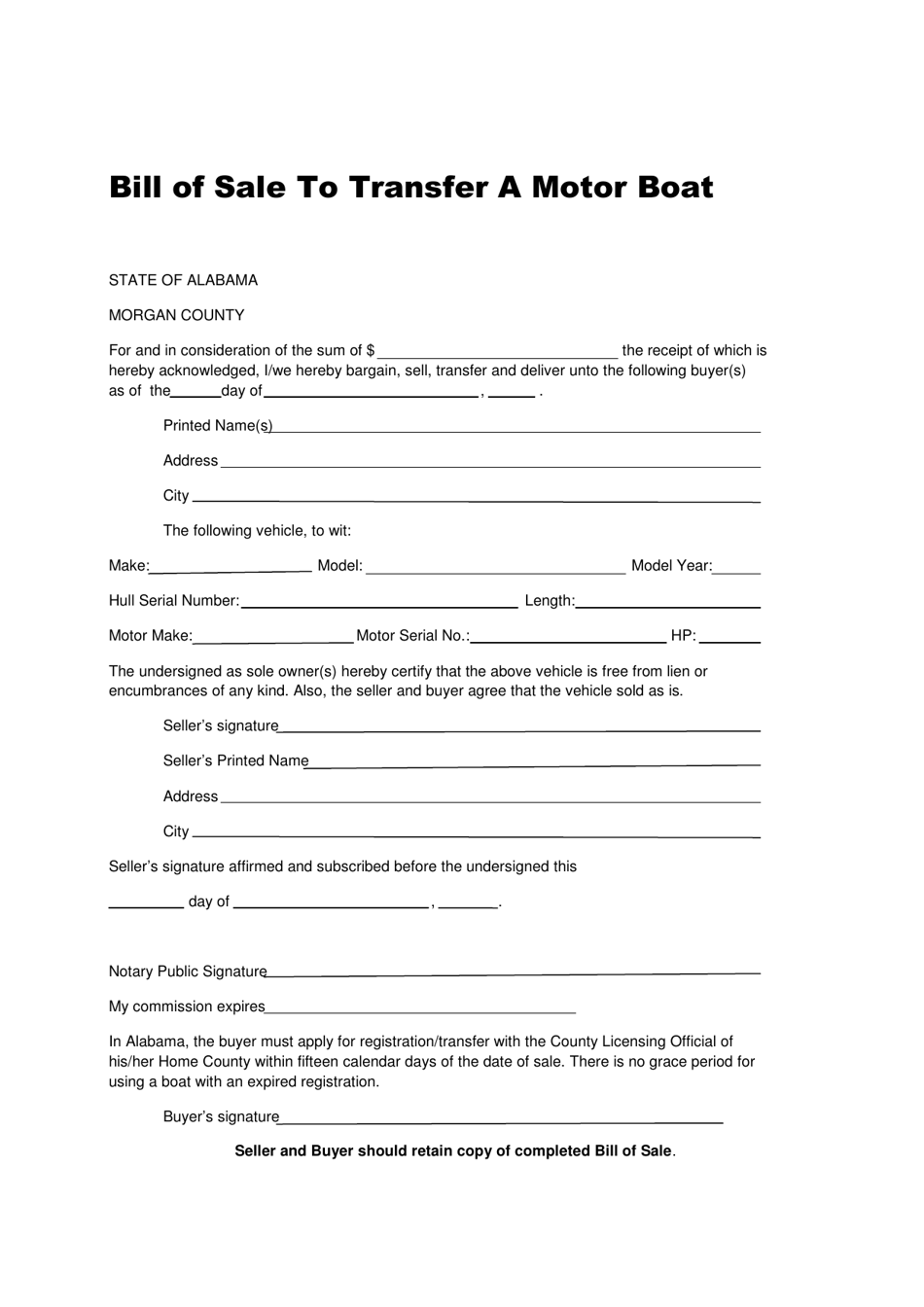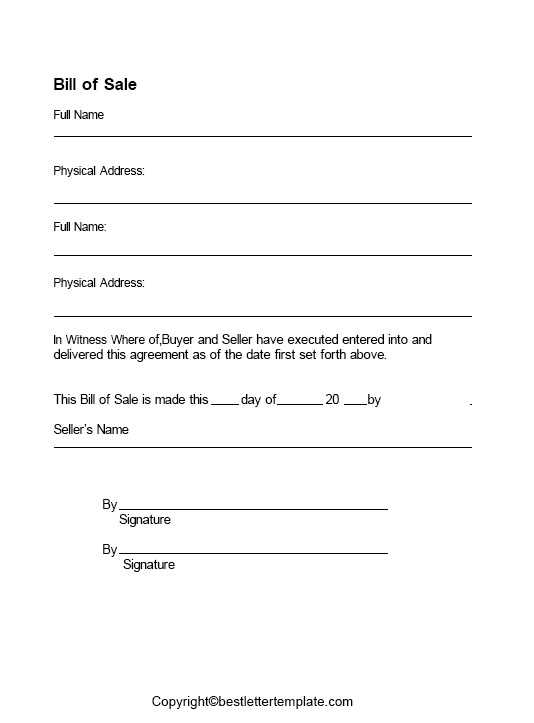

- Which states require a notarized bill of sale registration#
- Which states require a notarized bill of sale license#
The Michigan Department of State can issue you a limited memo registration but will not convert it to a Michigan title. Vehicle record printed on the issuing state's Department of Motor Vehicles letterhead verifying the vehicle is titled in that state.Photocopy or fax of your out-of-state title.If your title is being held by an out-of-state lienholder, provide the above documents and one of the following: A lien termination statement or title signed by the institution issuing a loan (if there is a lien against the vehicle).The out-of-state vehicle registration (if the vehicle was registered in another state).Proof of Michigan No-Fault insurance for the vehicle.
Which states require a notarized bill of sale license#
Your valid driver’s license or state ID. To do so, visit a Secretary of State office and provide the following: If you purchased your vehicle outside of Michigan, you may convert the out-of-state title to a Michigan title and register the vehicle in Michigan. If your lienholder is enrolled in the Electronic Lien and Title System (ELT), an electronic copy will be stored with the lienholder and the Michigan Department of State. Your corrected title will be mailed to you or, if there’s a loan against the vehicle, your lienholder after your visit. Once issued, immediately put your tab and license plate on your vehicle. If you’d like to transfer a license plate from a vehicle you already own to your new vehicle, you may do so at the time of your visit. If there is, the seller will need to provide their lien termination statement or the title signed by the financial institution the loan is through.Īt your visit, you will be issued a license plate, vehicle registration, and tab after paying all title and registration fees and payment for 6% sales tax. Check that there isn’t a lien against the vehicle. Ensure that the seller has completed the seller’s portion of the title correctly and provided their signature and an accurate odometer disclosure statement. If you don’t plan to complete the title transfer with the seller at a Secretary of State office: It is strongly recommended that you and the seller visit a Secretary of State office together to complete this step. Valid driver’s license or ID (for both the buyer and the seller)Īs soon as you purchase the vehicle, you will need to transfer the title within 15 days at a Secretary of State office. Complete and accurate odometer reading or mileage statement. To transfer ownership of a vehicle you purchased in a private sale, you will need: If purchasing a vehicle from a private seller, you – as the buyer – and the seller are responsible for handling all required documents to transfer ownership of the vehicle. If you have questions about your vehicle title and registration, contact your dealer first. Most dealerships handle all paperwork, required documents, and collection of 6% sales tax, which means you won’t need to visit a Secretary of State office. If you're transferring a plate, this will be noted on your Application for a Michigan Title. If you're purchasing a new plate, a 15-day temporary registration affixed to the rear window. The dealer will also provide you with your new license plate and registration. If you’re purchasing a used vehicle, the dealer must show you the previous owner's title. Buyer's Guide window sticker (if buying a used vehicle). Odometer mileage statement (if buying a new vehicle). Any written warranty on the vehicle or any services purchased (such as rustproofing or an extended service contract). Application for Michigan Title - Statement of Vehicle Sale (RD-108). The dealer should give you copies of your: 
Make sure to review all documents before you sign. Handling the purchase or transfer of your license plateīy law, the dealer must give you a copy of each document when you sign it.Filing the title application with the Michigan Department of State or at a Secretary of State office within 15 days from the date of delivery.Collecting the necessary fees and taxes.Providing all necessary forms and ownership documents.When buying a new or used vehicle from a dealership, the dealer is responsible for:






 0 kommentar(er)
0 kommentar(er)
